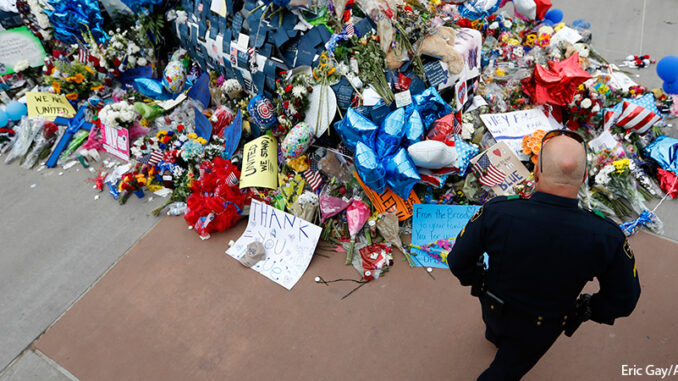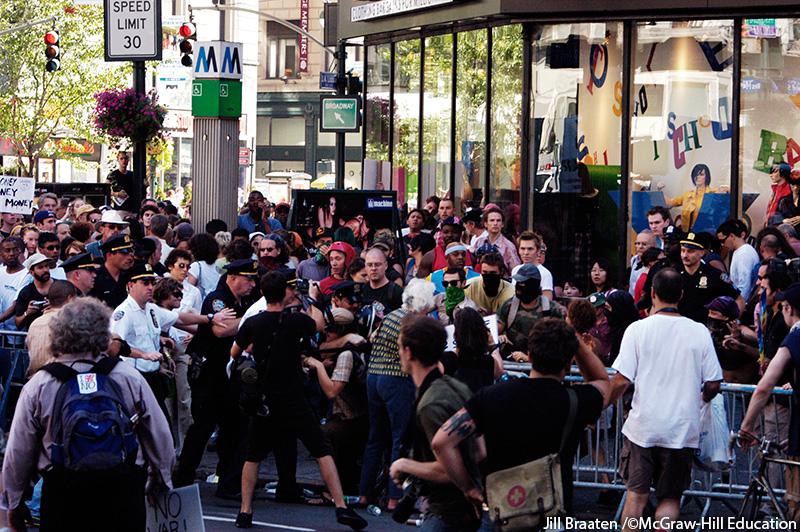
In the wake of celebrating our independence and freedom, the nation has experienced devastating news of continued violence between people and police in a few cities around the nation. Here is an overview summary of the facts and some responses to these tragedies.

The Victims and the Incidents
- Alton Sterling Police in Baton Rouge, Louisiana were called to a convenience store on July 5 because a man selling CDs outside had reportedly threatened someone with a gun. The suspect, Alton Sterling, 37, was apprehended by two police, tasered, and tackled. One of the officers exclaimed that the suspect had a gun and was reaching for it. Bystanders, however, reported that the police were seen removing a gun from the victim’s pocket after he was shot dead.
- Philando Castile The next day, in Saint Paul, Minnesota, 32-year-old Castile was stopped by police for a broken taillight on his automobile. Castile told the police officer that he had a concealed gun, which he was licensed to carry. According to reports, upon reaching for his license and registration, Castile was shot and killed. Castile’s girlfriend and young daughter were riding in the car with him.
- Dallas Police Officers (Lorne Ahrens, Michael Krol, Michael Smith, Brent Thompson, and Patrick Zamparripa) The night following the incident in St. Paul, on July 7, around 800 protestors of the #BlackLivesMatter movement gathered in Dallas, Texas in response to deaths of Sterling and Castile. There were nearly 100 police assigned to provide safety and maintain order. The march was initially peaceful and the Dallas police were doing their duty to allow the march and maintain safety. Then, a series of more than 50 shots were fired from a distance, killing five police officers and wounding seven more. The suspect, Micah Johnson, engaged in a standoff with police, and was ultimately killed by robot-placed explosives. Reportedly upset by the recent shootings in Louisiana and Minneapolis, Johnson left information at his residence indicating he was specifically angry at police personnel.
RELATED LINK: President Obama, the First Lady, and former president George W. Bush attended an interfaith memorial service this week to honor the police victims. You can read some of what the president said with this link and see other information about the events surrounding this moment.
Political Response
President Obama said that all Americans should be troubled by all of the recent shootings because they are not isolated incidents. “They are symptomatic of a broader set of racial disparities that exist in our criminal-justice system,” said the president in a news conference while he was overseas at a NATO meeting in Europe. (The president decided to cut short his visit in Spain following the NATO meeting so that he could be home to attend the memorial service for the slain police officers.)
Texas governor Greg Abbott issued an open letter, saying that “there is far more that binds us together” than tears us apart. In a Twitter post that was later deleted, the Texas’ Lt. Governor blamed former #BlackLivesMatter protests. The lieutenant governor was heavily criticized for this initial emotional response. Speaker of the House Paul Ryan said that, “Every member of this body [the House of Representatives], every Republican and every Democrat, wants to see less gun violence.” Ryan acknowledged that the political parties often disagree passionately on how to make that happen, but urged the country to “not lose sight in our common humanity.”
